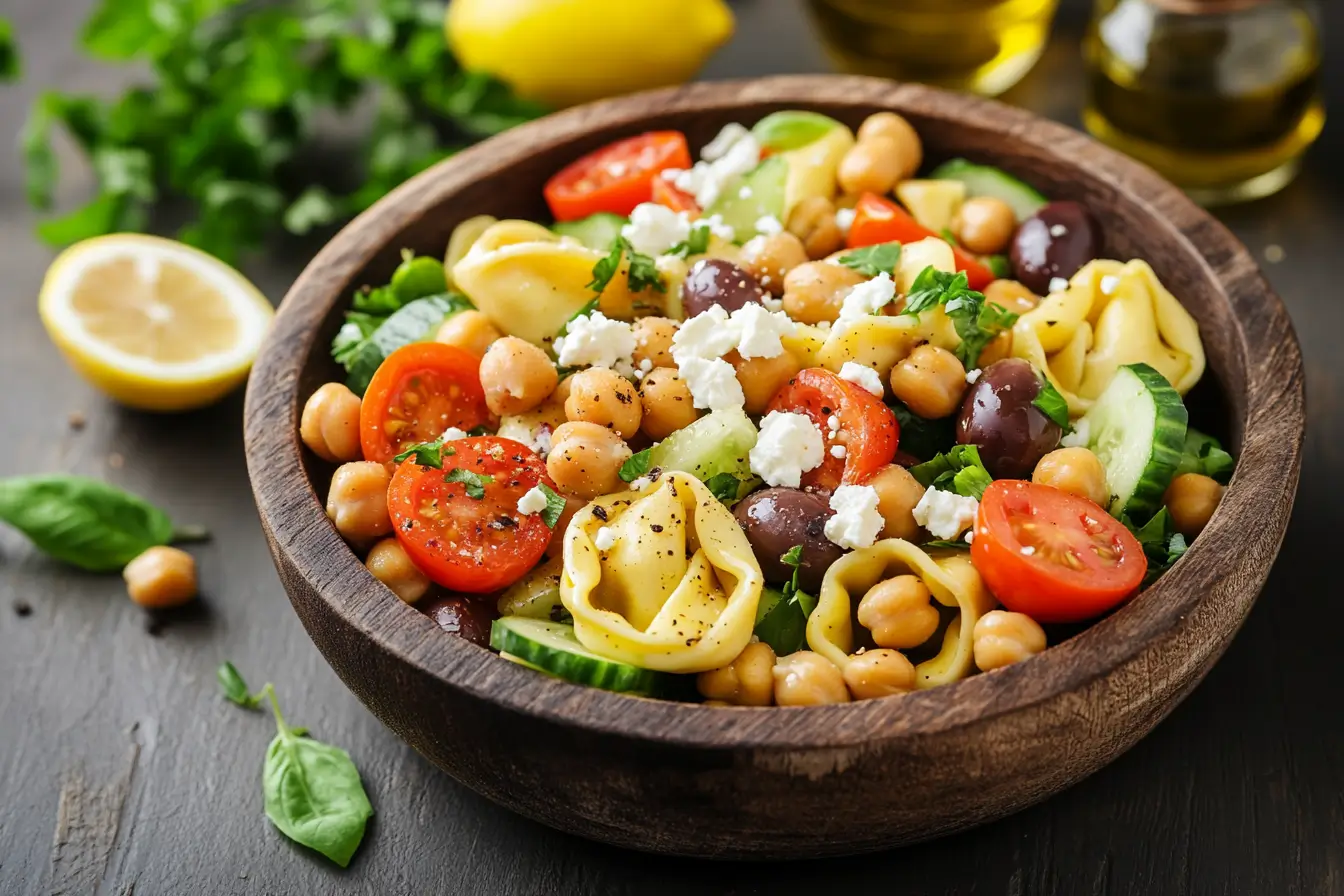Family dinner has long been considered one of the most essential rituals for maintaining strong family bonds and fostering a sense of belonging. In today’s fast-paced world, where schedules are often packed and technology dominates our attention, sitting down to a meal together can be a refreshing and grounding experience. The family dinner holds immense significance, influencing not only our physical health but also our emotional and social well-being. This article delves into the various facets of family dinners, exploring their importance, benefits, and practical tips to make the most of this cherished time.
The Historical Context of Family Dinners
Family meals have been a cornerstone of human society for centuries. In ancient cultures, communal eating was a sacred act, often accompanied by rituals and ceremonies. For instance, in Ancient Greece, the symposium was not just a meal but a gathering for intellectual discussion and bonding. Similarly, in many indigenous cultures, communal feasts played a crucial role in social cohesion and the transmission of cultural values.
In more recent history, the family dinner emerged as a central feature of domestic life in the 19th and 20th centuries, particularly in Western societies. It became a symbol of family unity and stability, a time when families could gather, share stories, and reinforce their connections. However, the industrial revolution and subsequent societal changes brought challenges to this tradition. The rise of shift work, longer working hours, and the advent of fast food all contributed to the decline of regular family meals.
Despite these challenges, the family dinner has endured as a powerful symbol of togetherness. It remains an invaluable practice that can counteract the fragmentation of modern life and provide a space for meaningful interactions.
The Modern Importance of Family Dinners
In today’s world, where digital distractions and busy schedules often pull family members in different directions, the family dinner stands as a crucial anchor. Here are several reasons why this practice is more important than ever:
- Strengthening Relationships:
- Family dinners provide a unique opportunity for everyone to connect. Sharing stories about the day’s events, discussing plans, and simply enjoying each other’s company helps build stronger relationships and creates lasting memories. Research has shown that children who participate in regular family meals have better relationships with their parents and siblings, fostering a sense of security and belonging.
- Improving Communication:
- Regular family meals encourage open communication. It becomes a safe space for children and adults alike to express their thoughts, feelings, and concerns, leading to better understanding and support within the family. This practice helps in developing strong communication skills, which are essential for personal and professional success.
- Promoting Healthy Eating Habits:
- Eating together allows parents to model healthy eating behaviors. It’s a chance to introduce a variety of foods and ensure balanced meals, which can lead to healthier eating habits for everyone. Studies have found that children who regularly eat with their families consume more fruits and vegetables and are less likely to develop unhealthy eating habits.
-
Creating Routine and Stability:
- A set time for dinner creates a sense of routine and stability, which is especially beneficial for children. It gives them something to look forward to and adds structure to their day. This routine can be particularly comforting during times of change or stress, providing a reliable and consistent part of daily life.
- Enhancing Academic Performance:
- Studies have shown that children who participate in regular family dinners perform better academically. The discussions at the dinner table can enhance vocabulary, general knowledge, and even critical thinking skills. Additionally, the supportive environment of a family meal can boost a child’s confidence and motivation to succeed in school.
- Supporting Mental Health:
- Family dinners can play a vital role in mental health. The sense of connection and belonging that comes from sharing a meal with loved ones can reduce feelings of isolation and anxiety. For children and teenagers, regular family meals have been associated with lower rates of depression and substance abuse.
- Fostering Cultural Traditions:
- Family dinners are an excellent opportunity to pass down cultural traditions and values. Whether it’s preparing traditional recipes, celebrating holidays, or discussing family history, these meals help keep cultural heritage alive and foster a sense of identity and pride.
Tips for Successful Family Dinners

Given the multitude of benefits associated with family dinners, it’s worth investing time and effort to make them a regular part of your routine. Here are some tips may help you achieve this:
- Prioritize the Time:
- Schedule family dinners like any other important appointment. Even if it’s only a few times a week, make it a non-negotiable part of your routine. Communicate the importance of this time to all family members and encourage them to prioritize it as well.
- Limit Distractions:
- Make the dinner table a technology-free zone. Turn off the TV, put away phones, and focus on being present with each other. This not only enhances communication but also creates a more relaxing and enjoyable atmosphere.
- Get Everyone Involved:
- Involve family members in meal planning, cooking, and setting the table. This not only distributes the workload but also gives everyone a sense of ownership and participation. Cooking together can be a fun and educational activity, teaching valuable skills and fostering teamwork.
- Keep Conversations Positive:
- Use dinner time to discuss positive topics. Avoid controversial or stressful subjects to keep the atmosphere relaxed and enjoyable. Encourage everyone to share something good about their day or talk about plans and goals.
-
Make It Fun:
- Add some fun elements to family dinners, like theme nights, trying new recipes together, or sharing a highlight of the day. This keeps things interesting and engaging for everyone. You can also introduce games or activities that encourage interaction and laughter.
- Be Flexible:
- While consistency is important, it’s also essential to be flexible. If a family member has an occasional conflict, try to reschedule the dinner or make an effort to have a family breakfast or lunch instead. The key is to maintain the spirit of togetherness, even if the timing varies.
- Show Appreciation:
- Take the time to express gratitude for the meal and for each other’s company. A simple “thank you” to the person who cooked or acknowledging each family member’s contributions can go a long way in creating a positive and respectful environment.
- Address Challenges Openly:
- If conflicts or disagreements arise during family dinners, address them openly and constructively. Use these moments as opportunities to teach conflict resolution and empathy. Encourage everyone to listen to each other’s perspectives and work together to find solutions.
A Deeper Dive into Family Dinner Benefits
Emotional and Social Development
Family dinners play a crucial role in the emotional and social development of children. The consistent interaction with parents and siblings helps children develop a strong sense of self-worth and confidence. They learn how to express their emotions, listen to others, and engage in meaningful conversations. These skills are foundational for building healthy relationships outside the family, including friendships and future romantic partnerships.
Language and Cognitive Development
The conversations that take place around the dinner table are rich with opportunities for language development. Children are exposed to a broader vocabulary and more complex sentence structures than they might encounter in their daily interactions with peers. This exposure enhances their language skills and cognitive development. Furthermore, discussing various topics, such as current events, history, or science, can stimulate intellectual curiosity and critical thinking.
Nutritional Benefits
Regular family meals are associated with better nutritional outcomes. Parents can control portion sizes, ingredient quality, and cooking methods, ensuring that meals are balanced and nutritious. This may prevent obesity and many other diet-related health issues. Additionally, children are more likely to try new foods and develop a taste for healthy options when they see their parents enjoying them.
Behavioral Benefits
Family dinners can have a positive impact on behavior. Children and teenagers who participate in regular family meals are less likely to engage in risky behaviors, such as substance abuse, delinquency, and early sexual activity. The consistent presence of caring adults provides a protective factor, as children are more likely to feel supported and supervised.
Cultural and Ethical Education
Family dinners are an excellent platform for imparting cultural values and ethical principles. Discussions about family traditions, cultural heritage, and moral dilemmas help children develop a strong sense of identity and ethical reasoning. Parents can share stories and experiences that illustrate important life lessons and values, reinforcing the family’s moral framework.
Economic Benefits
Eating at home is generally more cost-effective than dining out. By preparing meals at home, families can save money and make healthier food choices. Additionally, involving children in meal planning and budgeting teaches valuable financial skills and promotes a sense of responsibility.
Challenges and Solutions
While the benefits of family dinners are clear, many families face challenges in making them a regular practice. Here are some common obstacles and practical solutions:
- Busy Schedules:
- Solution: Plan ahead and be flexible. Look for pockets of time when everyone is available, even if it means having family breakfasts or weekend brunches. Use meal planning and preparation strategies to save time during busy weekdays.
- Picky Eaters:
- Solution: Involve children in meal planning and preparation. Offer a variety of healthy options and encourage them to try new foods without pressure. Create a positive and stress-free environment around meals to reduce anxiety about trying new things.
-
Technology Distractions:
- Solution: Establish clear rules about technology use during meals. Create a designated space for phones and devices away from the dining area. Lead by example and prioritize face-to-face interactions.
- Conflicting Dietary Preferences:
- Solution: Plan meals that accommodate various dietary needs and preferences. Offer customizable options, such as build-your-own salads or tacos, where each family member can choose their ingredients. Communicate openly about dietary restrictions and preferences to find common ground.
- Time Constraints:
- Solution: Simplify meal preparation with quick and easy recipes. Utilize batch cooking and meal prepping to reduce daily cooking time. Consider using kitchen gadgets, such as slow cookers or instant pots, to streamline meal preparation.
- Lack of Cooking Skills:
- Solution: Start with simple recipes and gradually build your cooking skills. Involve the whole family in cooking to share the learning experience. Take advantage of online tutorials, cooking classes, and recipe books to expand your culinary repertoire.
A Simple Recipe for Family Dinner: Spaghetti Bolognese

Ingredients:
- 1 pound ground beef
- 1 onion, chopped
- 2 cloves garlic, minced
- 1 can (28 oz) crushed tomatoes
- 2 tablespoons tomato paste
- 1 teaspoon dried oregano
- 1 teaspoon dried basil
- Salt and pepper to taste
- 12 ounces spaghetti
- Grated Parmesan cheese, for serving
- Fresh basil, for garnish
Preparation Steps:
- Cook the Beef:
- In a large skillet, cook the ground beef over medium heat until browned. Drain any excess fat.
- Add the Vegetables:
- Add the chopped onion and minced garlic to the skillet. Cook until the onion is soft and translucent.
- Make the Sauce:
- Stir in the crushed tomatoes, tomato paste, dried oregano, dried basil, salt, and pepper. Simmer for 20-30 minutes, stirring occasionally.
- Cook the Spaghetti:
- While the sauce is simmering, cook the spaghetti according to the package instructions. Drain and set aside.
- Combine and Serve:
- Toss the cooked spaghetti with the Bolognese sauce. Serve with grated Parmesan cheese and garnish with fresh basil.
Conclusion
Family dinners are more than just a meal; they are a cherished time for connection, communication, and nurturing relationships. By prioritizing this daily ritual, you can foster a sense of unity and well-being within your family, creating memories that will last a lifetime. The benefits of family dinners extend beyond the dinner table, influencing various aspects of our lives, from physical health to emotional resilience, from academic success to social skills.
Incorporating family dinners into your routine may require effort and adjustments, but the rewards are well worth it. As you gather around the table, share a delicious meal, and enjoy the invaluable moments spent together, you are building a foundation of love, support, and togetherness that will benefit your family for years to come. So, embrace the tradition of family dinners, savor the flavors, and cherish the bonds that grow stronger with each shared meal.









